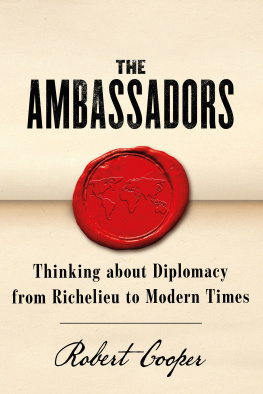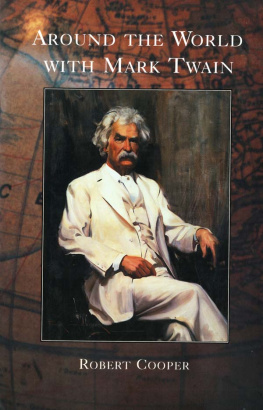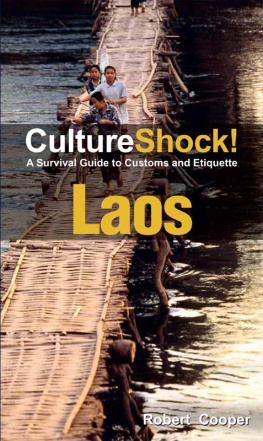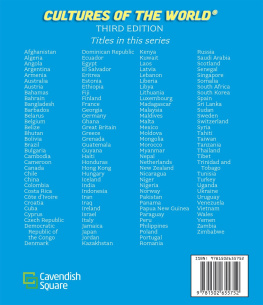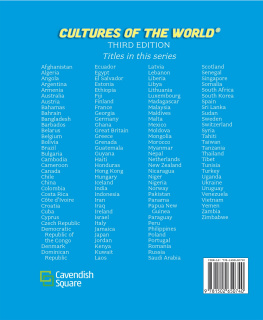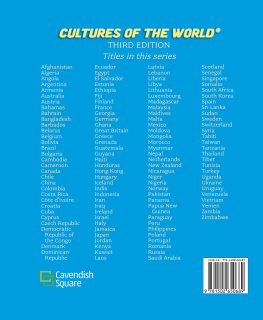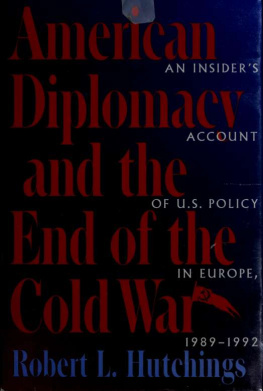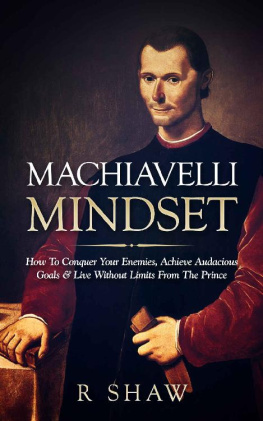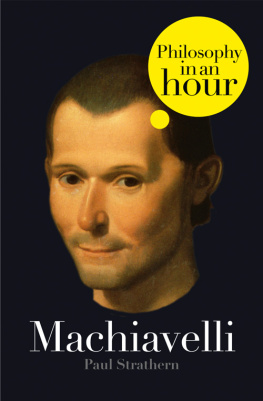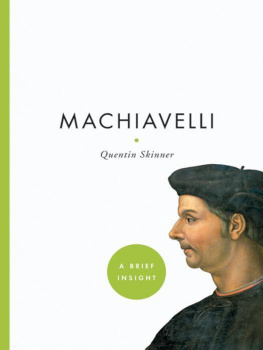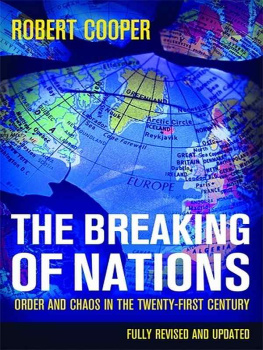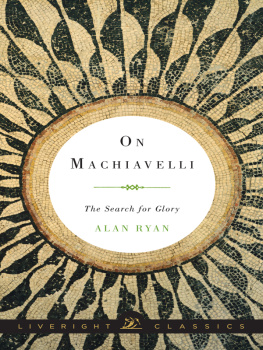Robert Cooper - The Ambassadors: Thinking about Diplomacy from Machiavelli to Modern Times
Here you can read online Robert Cooper - The Ambassadors: Thinking about Diplomacy from Machiavelli to Modern Times full text of the book (entire story) in english for free. Download pdf and epub, get meaning, cover and reviews about this ebook. year: 2019, genre: Politics. Description of the work, (preface) as well as reviews are available. Best literature library LitArk.com created for fans of good reading and offers a wide selection of genres:
Romance novel
Science fiction
Adventure
Detective
Science
History
Home and family
Prose
Art
Politics
Computer
Non-fiction
Religion
Business
Children
Humor
Choose a favorite category and find really read worthwhile books. Enjoy immersion in the world of imagination, feel the emotions of the characters or learn something new for yourself, make an fascinating discovery.
- Book:The Ambassadors: Thinking about Diplomacy from Machiavelli to Modern Times
- Author:
- Genre:
- Year:2019
- Rating:3 / 5
- Favourites:Add to favourites
- Your mark:
- 60
- 1
- 2
- 3
- 4
- 5
The Ambassadors: Thinking about Diplomacy from Machiavelli to Modern Times: summary, description and annotation
We offer to read an annotation, description, summary or preface (depends on what the author of the book "The Ambassadors: Thinking about Diplomacy from Machiavelli to Modern Times" wrote himself). If you haven't found the necessary information about the book — write in the comments, we will try to find it.
The Ambassadors: Thinking about Diplomacy from Machiavelli to Modern Times — read online for free the complete book (whole text) full work
Below is the text of the book, divided by pages. System saving the place of the last page read, allows you to conveniently read the book "The Ambassadors: Thinking about Diplomacy from Machiavelli to Modern Times" online for free, without having to search again every time where you left off. Put a bookmark, and you can go to the page where you finished reading at any time.
Font size:
Interval:
Bookmark:


This is a book of fragments.
Those scraps are good deeds past,
Which are devoured as fast as they are made,
Forgot as soon as done.
( Troilus and Cressida , Act III, Scene 3)
History does not run in straight lines. It is made by people and by chance. The path of events and ideas does not stretch smoothly from Thucydides, through Machiavelli to Rousseau and to Kant, and thence to Perpetual Peace. This book is an attempt to think about diplomacy; the best way to do that is to focus on the concrete, on the moments when problems, people and ideas meet.
Instead of the inevitable progress that history books sometimes imply, we more often find blind alleys, random events, good intentions that go wrong and, occasionally, lucky breaks. Now and then we get glimpses of the future; but these are forgotten as the world takes another turning. Yet there is always something to learn, from success as well as from failure. The men and women who work in this world do so in the obscurity of the present, aided only by fading memories of the past, and trying to guess at the future. Sometimes, by accident or by intuition, they find a way forward; occasionally they may even half understand where it is that they are going.
This is therefore not a continuous diplomatic history. History happens in fragments; but out of these comes the world we live in. The episodes I describe are arranged more or less chronologically, but there is no reason to read them in that order. If you find Richelieu tiresome go on to Mazarin, whom I admit I like better, or to the end of the chapter because I have the bad habit of leaving the important points to the last.
The people I have chosen to write about are those who had some insight or success. In diplomacy success is rare, and it is therefore more interesting than failure. Thus I am writing about the people that I admire: a Lives of Saints for an unsaintly world.
Whom do I, as a former diplomat, most admire? The answer may be Talleyrand. It is impossible to imagine being him too brilliant, and the times are too different. So I include a short chapter on two lower-ranking diplomats who issued visas to Jews, going beyond the instructions from their governments, in the case of Chiune Sugihara going against them. These also are people to admire and to emulate, should the need ever come again.
Four hundred years ago, Richelieu and Mazarin inhabited a world we can hardly imagine today: the state itself was not a solid existence; its borders were subject to continuous wars and change. But this is also the beginning of modernity, and of the road to todays Europe.
Talleyrand was born in the ancien rgime ; but he understood the changing nature of legitimacy, and that the success of the state came not from conquest, but from its political strength and its economic development. The Bourbons and Napoleon both systematically ignored his ideas. So he waited for the moment of crisis, when no one was in charge, and took his own advice.
The great innovation of the Congress of Vienna assembled to put Europe back together again after Napoleon was multilateral diplomacy. The great powers tried to continue it afterwards in what we now call the Concert of Europe. Look at the end of Chapter Three, where Metternichs secretary, Friedrich von Gentz, reflects on what would happen if the Concert were to fail (as it does shortly after). What he gives us is an account of the origins of the First World War a century before the event.
The Congress of Vienna recognised the role of the great powers. Most writing on diplomacy, and most of this book, is about great powers. But small countries also need diplomats. In fact, they may need them more than great powers do. So among the fragments are stories of two small countries, Denmark and Finland, which against the odds survived in a world where the only guarantee of survival is strength.
Seven chapters of this book are about the people who built or rebuilt the West in the early days of the Cold War. George Kennan, one of the great diplomatic professionals, spoke truth to power; for most of his career, power was not interested. Then came men who were: George Marshall, Ernest Bevin, Dean Acheson and Harry Truman, the architects of the West. Jean Monnet, the architect of Europe, was the most creative of them all.
The high point of Cold War drama is the Cuban Missile Crisis: here we have a contrast between the open debate that Kennedy used to help him make decisions and the closed system in Moscow. Khrushchev made a colossal misjudgement, but his appeal to Kennedy was based in the end on common values. His metaphor for diplomacy the attempt to untie the knot while the two sides are pulling at the rope is the most powerful I know. He, for me, is, in part, a hero too.
My fantasy about Henry Kissinger is to imagine him telling Nixon, on his first day in office, that the Vietnam War is lost he has seen that on his visits there and that the only thing to do is to get out. Had he done that, there would have been no second day. But then imagine some more: what if Nixon had understood that this was the ultimate test of toughness and realism and his claim was to be tough and realistic and he had acted accordingly? He would be remembered now as a hero. He would not have won a second term, but he would not have needed one. Fantasy aside, Kissinger is the intellectual heart of the Cold War: his ideas, his successes and failures, are on a grand scale. He tried to find ways of living with enemies. That is still the most difficult task, more complicated today than ever.
The Cold Wars geographical heart was Germany. In the fifty years after the war, Germany achieved a diplomatic miracle to go with its economic (and political) miracles. The credit belongs especially to three great chancellors: Konrad Adenauer, Willy Brandt and Helmut Kohl. And to America.
I have tried to write not just about what all these men did in the nature of things they are all men, though I have worked with and for some outstanding women diplomats but also about how they did it. That is not always easy. Some act by instinct, some by analysis; sometimes two people are needed to bring the package together.
When I began writing this, the title in my head was in German: Sternstunden der Diplomatie , after Stefan Zweigs Sternstunden der Menschheit . This has been translated as Decisive Moments in History , but that doesnt capture the meaning. One translation calls it The Tide of Fortune . Better, but that misses the idea of history crystallised in a moment. What I want to convey is the drama of diplomacy.
This is hard to capture. It rarely comes at the end. It is not the signing of the treaty: that is for the cameras; nor even the moment when agreement is reached. By then everyone is tired and fed up and wants to go home.
The drama is earlier: something you dont expect. In the negotiations at Westphalia, after eighty years of war with the Netherlands, the Spanish offer a truce. The Dutch reply, not with the usual proposals for amendments, but with a complete peace treaty. In modern times, after another eighty years of violence and enmity, Jean Monnets proposal to bring Germany and France together in the Coal and Steel Community was an even bigger shock. The moment of drama is less Robert Schumans statement in the Salon de lHorloge at the Quai dOrsay, opening the path to the European Union though that is dramatic enough than the moment when Monnets idea begins to crystallise or when hears from Schuman that hell use it: that is when the pulse begins to race.
Font size:
Interval:
Bookmark:
Similar books «The Ambassadors: Thinking about Diplomacy from Machiavelli to Modern Times»
Look at similar books to The Ambassadors: Thinking about Diplomacy from Machiavelli to Modern Times. We have selected literature similar in name and meaning in the hope of providing readers with more options to find new, interesting, not yet read works.
Discussion, reviews of the book The Ambassadors: Thinking about Diplomacy from Machiavelli to Modern Times and just readers' own opinions. Leave your comments, write what you think about the work, its meaning or the main characters. Specify what exactly you liked and what you didn't like, and why you think so.

